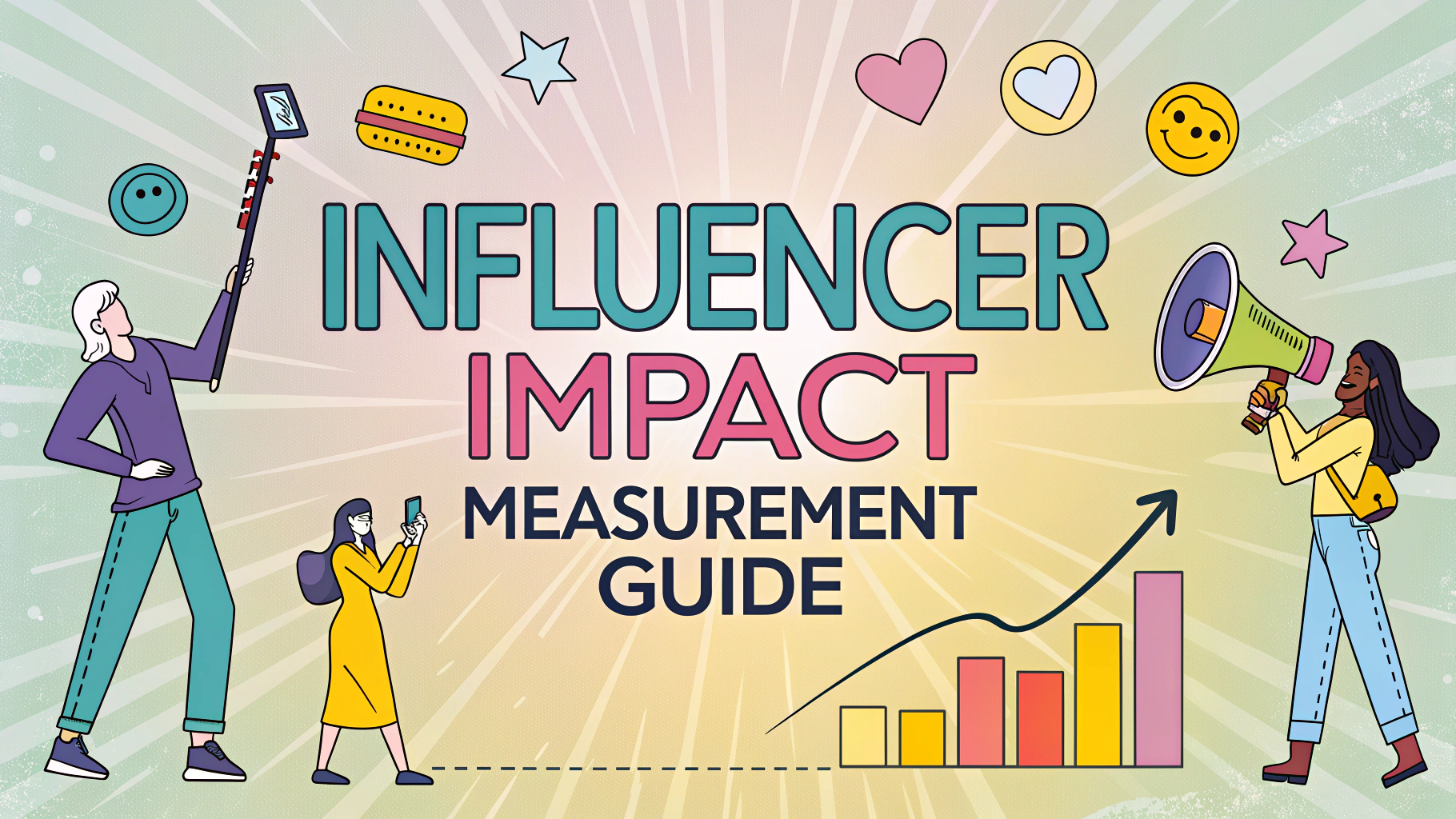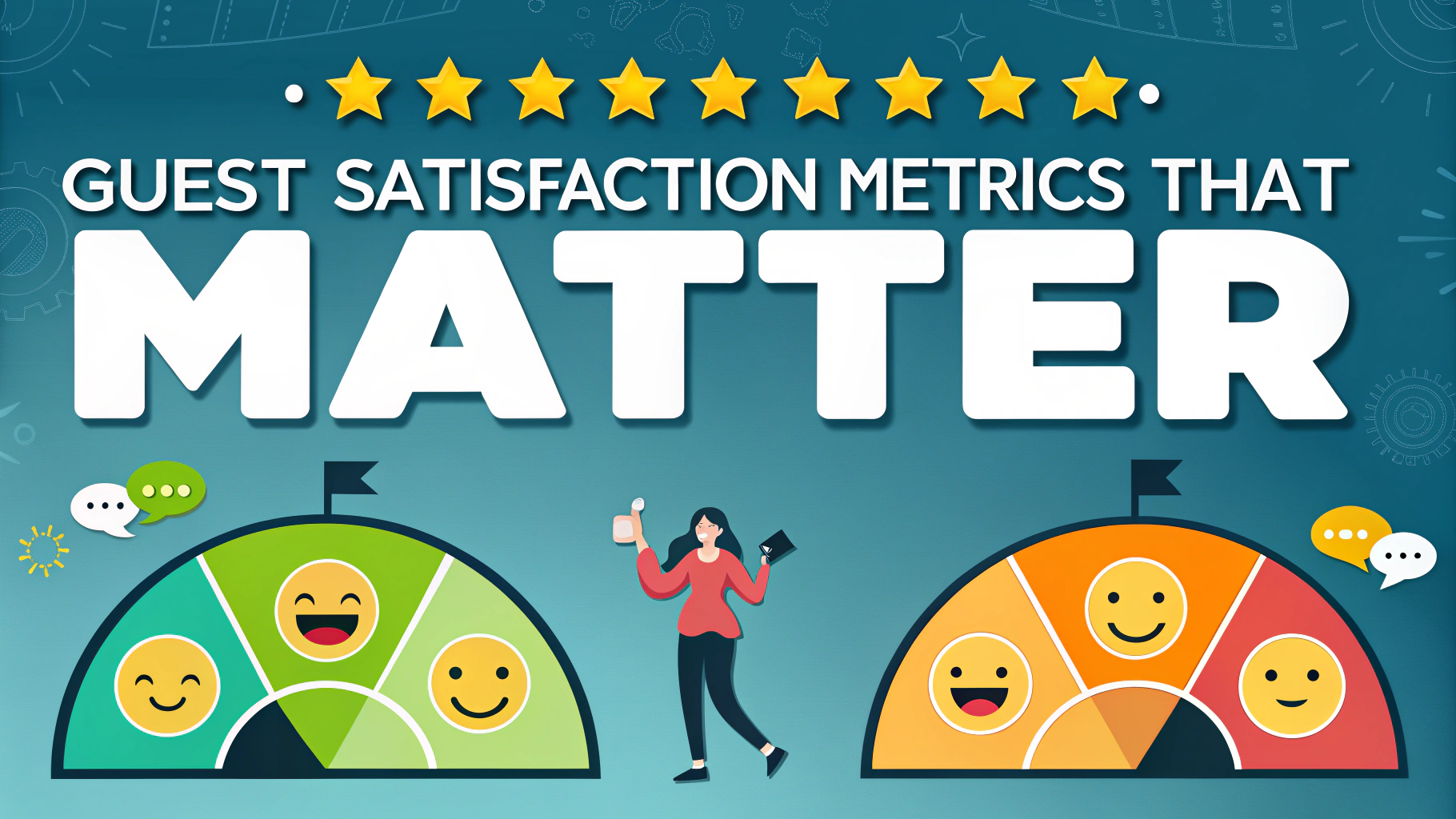Review responses can make or break a hotel’s reputation and directly impact future bookings.
Smart hoteliers know that properly managing guest feedback creates opportunities to showcase exceptional service while turning negative experiences into positive outcomes.
This quick guide shows proven techniques to craft review responses that build trust and drive more direct bookings.
Key Elements of Effective Review Responses
- Address the reviewer by name
- Thank them for their feedback
- Acknowledge specific points they mentioned
- Explain steps taken to address concerns
- Invite them to return
- Sign with your name and title
Responding to Positive Reviews
Express genuine appreciation for the time taken to share positive feedback.
Reference specific details from their stay to show you read the review thoroughly.
Highlight unique aspects of your property or service they enjoyed.
Managing Negative Reviews
- Respond within 24-48 hours
- Stay professional and never argue
- Take responsibility for shortcomings
- Outline concrete solutions
- Move detailed discussions offline
Template for Negative Review Response
“Dear [Name], Thank you for sharing your experience. We apologize that your stay didn’t meet expectations. [Address specific issue] We have [explain solution/improvement]. Please contact me directly at [email/phone] to discuss further. We hope to welcome you back to demonstrate our usual high standards. Best regards, [Name], [Title]”
Review Management Tools
- ReviewPro – Comprehensive reputation management
- Revinate – Guest feedback and marketing platform
- TrustYou – Review monitoring and analytics
- GuestRevu – Guest feedback and survey tools
Tips for Increasing Review Conversion
Include direct booking links in review responses when appropriate.
Highlight special offers or loyalty programs in positive review responses.
Use review responses to showcase recent improvements or upcoming enhancements.
Measuring Review Response Impact
- Track response rate and time
- Monitor review score trends
- Measure direct booking conversions
- Analyze competitor response strategies
- Survey guests about review influence
Next Steps to Improve Your Review Strategy
Create a review response template library while maintaining personalization.
Train staff on proper review response protocols and brand voice.
Set up alerts for new reviews across all platforms.
Schedule monthly review performance analysis meetings.
Document successful responses that led to booking conversions.
Building Your Response Team
Designate primary responders for different review platforms and languages.
Create clear escalation procedures for serious complaints or legal issues.
Implement quality control checks before responses are published.
Advanced Response Strategies
- Segment responses based on guest type (business, leisure, events)
- Customize tone for different platforms (TripAdvisor vs. Google)
- Incorporate local cultural considerations for international properties
- Address seasonal concerns proactively
Leveraging Positive Reviews
Share exceptional reviews across marketing channels.
Use positive feedback to motivate staff and recognize excellence.
Create case studies from successful guest experience turnarounds.
Crisis Management Protocol
- Establish emergency response procedures
- Prepare pre-approved messaging for common scenarios
- Document all communication attempts
- Follow up with internal improvements
Maximizing Review Management Success
Consistent, professional review management builds trust and drives revenue growth.
Focus on personalization while maintaining efficient response processes.
Regular training and updates keep teams aligned with best practices.
Remember that every review response is an opportunity to showcase your commitment to guest satisfaction and service excellence.
FAQs
- How should hotels respond to negative reviews to turn them into booking opportunities?
Respond within 24-48 hours, acknowledge the guest’s concerns, remain professional, outline specific solutions implemented, and invite them to return with a special offer or direct booking incentive. - What key elements should be included in an effective hotel review response?
Thank the reviewer, personalize the response, address specific points mentioned, highlight improvements made, provide contact information for further discussion, and include a call-to-action for future bookings. - How can hotels leverage positive reviews to increase direct bookings?
Share reviews across social media platforms, feature them on the hotel website, incorporate them into email marketing campaigns, and use them in retargeting advertisements to showcase guest satisfaction. - What metrics should hotels track when measuring the impact of review responses on bookings?
Monitor conversion rates from review sites, track direct booking increases after review responses, measure engagement rates on shared reviews, and analyze the correlation between review scores and revenue. - How can hotels encourage satisfied guests to leave positive reviews?
Send post-stay emails, provide easy links to review platforms, implement a guest feedback program, train staff to mention reviews during check-out, and offer incentives for verified reviews. - What role does review response timing play in converting potential guests?
Quick responses (within 24-48 hours) demonstrate attentiveness, increase guest confidence, improve search rankings on review platforms, and show potential guests that the hotel values feedback. - How should hotels integrate review management into their marketing strategy?
Create a dedicated review response team, develop response templates, implement a review monitoring system, incorporate reviews into marketing materials, and use review insights for service improvements. - What are the most effective ways to use review responses for SEO benefits?
Include relevant keywords naturally, mention hotel amenities and services, use location-specific terms, maintain consistent branding, and link to the hotel website when possible in review responses. - How can hotels turn neutral reviews into marketing opportunities?
Highlight positive aspects mentioned, address any concerns proactively, showcase upcoming improvements, offer personalized solutions, and include compelling reasons to book directly. - What tools should hotels use to manage review responses effectively?
Implement reputation management software, use review monitoring platforms, utilize response template systems, employ analytics tools, and integrate customer relationship management (CRM) systems.







